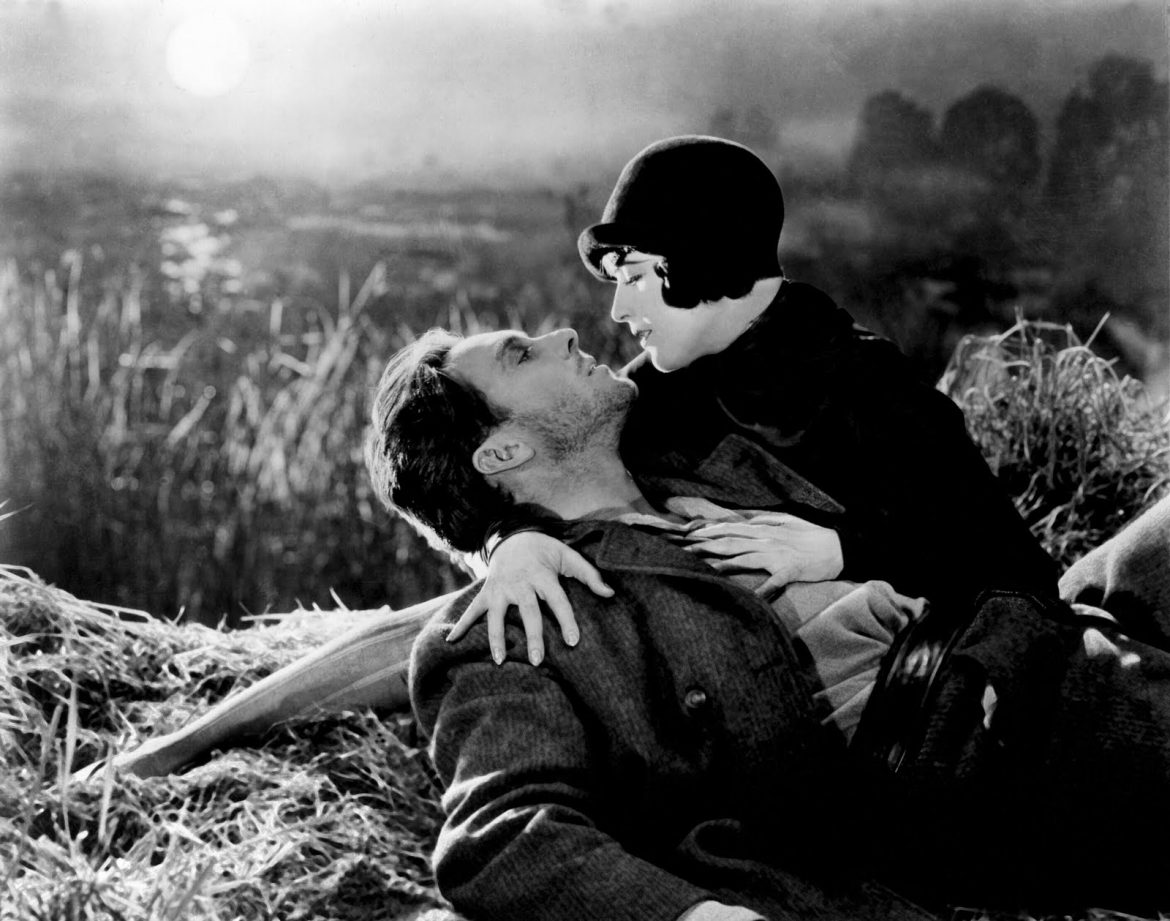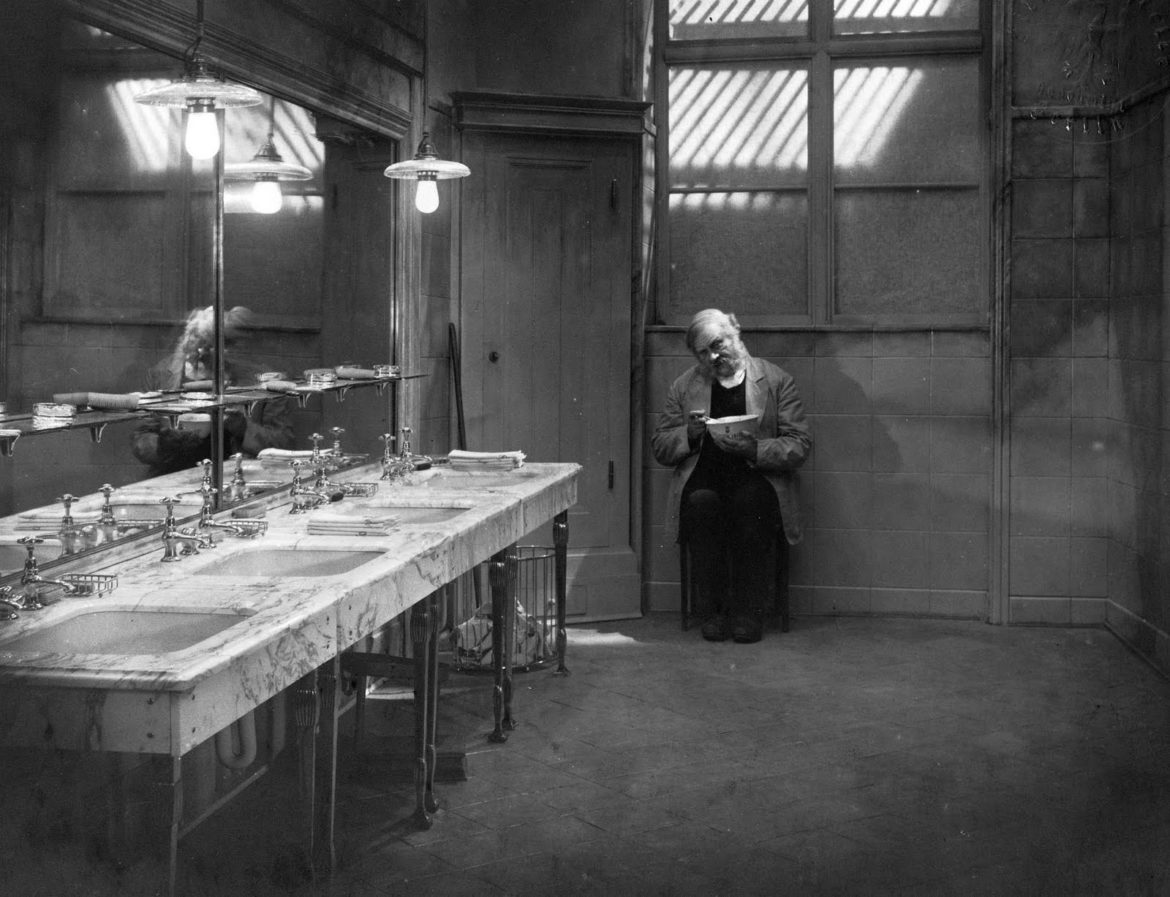With the 50th anniversary of May ’68 – and the famed “events” thereof – approaching, it was a good time to come across the vital documentary Henri Langlois: Phantom of the Cinematheque at my local library. Jacques Richard‘s seven-years-in-the-making account of the father of film preservation only briefly touches on those events, and has its eyes too fixed to the screen to contextualize them rigorously in the larger social upheaval of that year, but it’s scope feels right all the same.
Sunrise
It is an article of faith among your more generous cinephiles that you should never be embarrassed by the classics you haven’t yet seen. Everyone has blind spots, no one has time to see everything, and a gap in your viewing only indicates how much you have to look forward to!
Sunrise is an undisputed masterpiece of the silent era’s final days, a staggering set of technical achievements in service to melodramatic fairy-tale pathos. It’s also the story of how sometimes the only thing needed to put the spark back in an empty marriage is a little bit of attempted murder.
In 1928, following the one-two punch of his celebrated U.S.-made releases Faust and Sunrise, and four years after he made The Last Laugh for UFA, the great German director F.W. Murnau predicted that the “films of the future will use more and more of these camera angles, or, as I prefer to call them, these dramatic angles.




